Sport is now the biggest of business.
Clubs that started life as civic institutions created by Victorian-era working-class men in factories are now worth billions, while leagues which began as cobbled-together groups of teams, with no real format and structure, are now swaggering financial behemoths.
Hence, the industry is now attracting a group of investors and shareholders the like of which it has not seen before. Private equity firms, investment vehicles that think nothing of pumping $100 million into private entities, are now slicing off significant chunks of some of the world’s most prestigious sporting giants.
Several stand-out examples spring to mind. Last November, US-based private equity giant Silver Lake invested $500 million for a 10 per cent stake in City Football Group, the umbrella company that controls English soccer giants Manchester City, as well as seven other teams worldwide.
Silver Lake’s chief executive, Egon Durban, who has now been given a seat on CFG’s board, said the move would “help drive the next phase of CFG’s growth”.
Silver Lake, which has a focus on technology, would be one of the first major private equity organisations to make an investment of this scale in a big Premier League club.
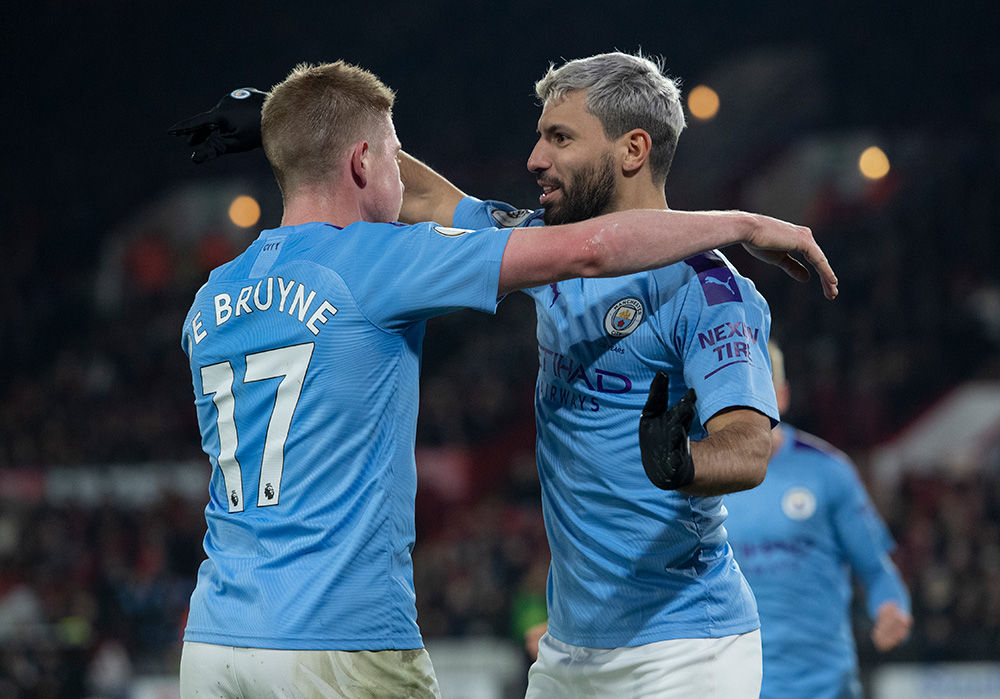
CVC Capital Partners, another private equity firm headquartered Stateside, is also building up a reputation as a major player in sport. The company is a former owner of motor racing’s Formula 1, selling up to Liberty in late 2016, and last year added a new string to its bow by investing in several major northern hemisphere rugby union competitions.
A deal worth £225 million proved enough for it to take a 27-per-cent stake in England’s top-tier Gallagher Premiership, while it has agreed a deal in principle to acquire a similar-sized stake in the Pro14 club competition, featuring teams from four European countries as well as South Africa.
On top of this, the firm is, at the time of writing, in the process of acquiring 15 per cent of the Six Nations, the annual rugby competition for European national teams, for £300 million.
“There’s a million and one ways investors can now go into sport… A lot more opportunities have opened up to get involved.”
Reports have also been percolating through the sporting world that CVC, potentially alongside other private equity groups or similar investment vehicles, is now engaged in talks with soccer’s world governing body Fifa.
Those talks concern the group taking on the commercial rights, or the broadcasting rights, or perhaps both, for the Club World Cup, the tournament featuring the winners of the various continental club competitions which is set to dramatically change its format in 2021 when it relocates to China from Qatar.
Indications that Spanish soccer giants Real Madrid might also be involved in that particular deal are as yet unproven, but it only serves to highlight the appetite that these financial leviathans have for top-tier sport.
Sports such as rugby league, tennis and motorsport have also attracted interest from private equity organisations in the recent past, and that is not to mention the organisations and clubs which are owned by groups which are private equity in all but name; for example Liverpool being under the control of the US-based Fenway Sports Group, which also has a stake in baseball’s Boston Red Sox, and TV’s New England Sports Network.
Sport reaping rewards for increased profits and better governance
Several factors are in play when it comes to analysing what is attracting private equity to the sports industry more now than ever before.
“I think people see, and have always seen, sport as a good opportunity, because there’s always been a lot of cash involved, a huge base of consumers, and it will hold up very well in a bad economy,” George Pyne, who set up Bruin Sports Capital in 2015, tells Sportcal Insight.
“People also have a passion for it not usually found in other sectors. What’s different now, is that people are consuming sport in so many different ways, through different forms of media, that more opportunities are created.”
Bruin is an active player in the market, having invested in the likes of Deltatre, the international sports media services company, On Location Experiences, the joint venture NFL hospitality business, Engine Shop, the US sports entertainment and marketing agency, and OverTier, a company which operates direct-to-consumer streaming services such as the international NFL Game Pass, in recent years.
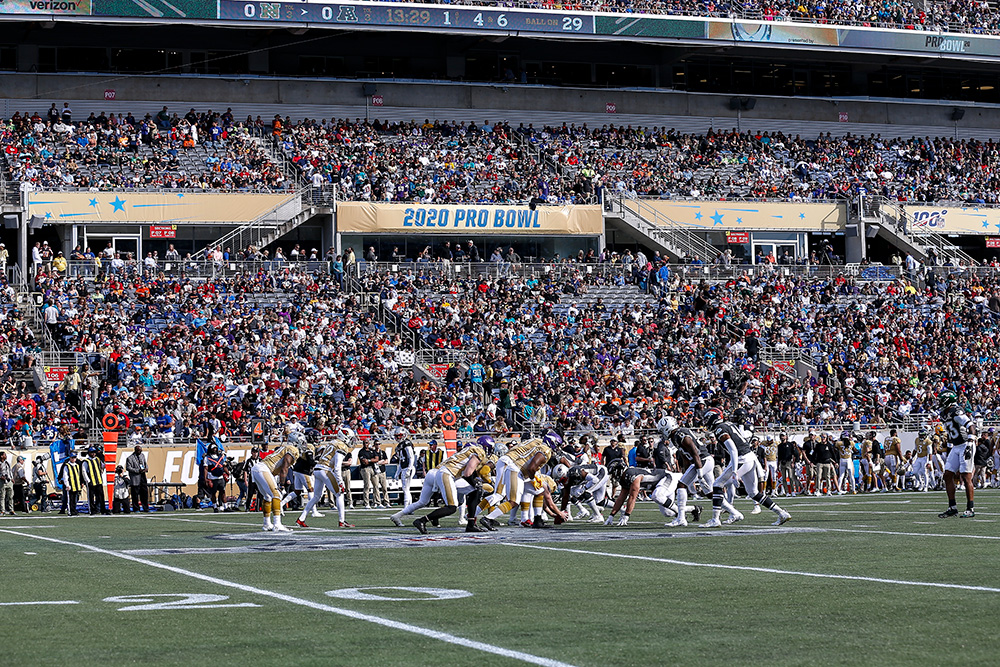
In December, Bruin added to its portfolio with the acquisition of Two Circles, the UK-based data-driven sports agency, from advertising giant WPP, with clients including the Premier League, Uefa, Formula 1 and the Wimbledon tennis championships.
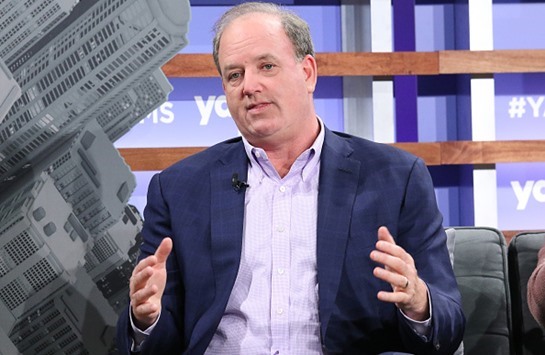
Pyne (pictured above) explains his thought process when deciding on whether to make an investment: “You have to do your due diligence… You have to know and have confidence in the management team that’s already there, and you have to anticipate surprises.
“Is the company growing, or does it have potential? Can we be helpful? Those are the things we really look for… We won’t invest in anything unless we think we can make a positive difference to the revenue.”
Andrew Croker, a sports industry veteran, explains that deals like the one between Silver Lake and Manchester City, as well as CVC’s various acquisitions, show how the sheer wealth now common at the top end of the sporting world is attracting increasingly wealthy investors.
“There are a lot more businesses in the sporting world making real profits now, and there’s some sort of liquidity in those capital markets,” he says.
“There are a million and one ways investors can now go into sport… A lot more opportunities have opened up to get involved.”
Industry expert Nick Haigh, who has been closely associated with several private equity groups, sees sport as having been immune to some of the difficulties associated with much of the entertainment sector in recent years.
Specifically, it has managed to continue being a product best viewed live, therefore keeping broadcast rights valuable, as millions continue to watch it every week.
“Live sport as entertainment hasn’t been affected at all by the trend which has caused issues for much of the entertainment sector, that of shorter attention spans,” Haigh notes. “If you look at premium sport, it’s one of the most-talked about and most-watched forms of entertainment out there.”
This is confirmed by the extraordinary boom worldwide in the value of broadcast rights for live matches over the last few decades, a consequence of its soaring popularity. For many pay-TV networks, it is very much the jewel in their crown.
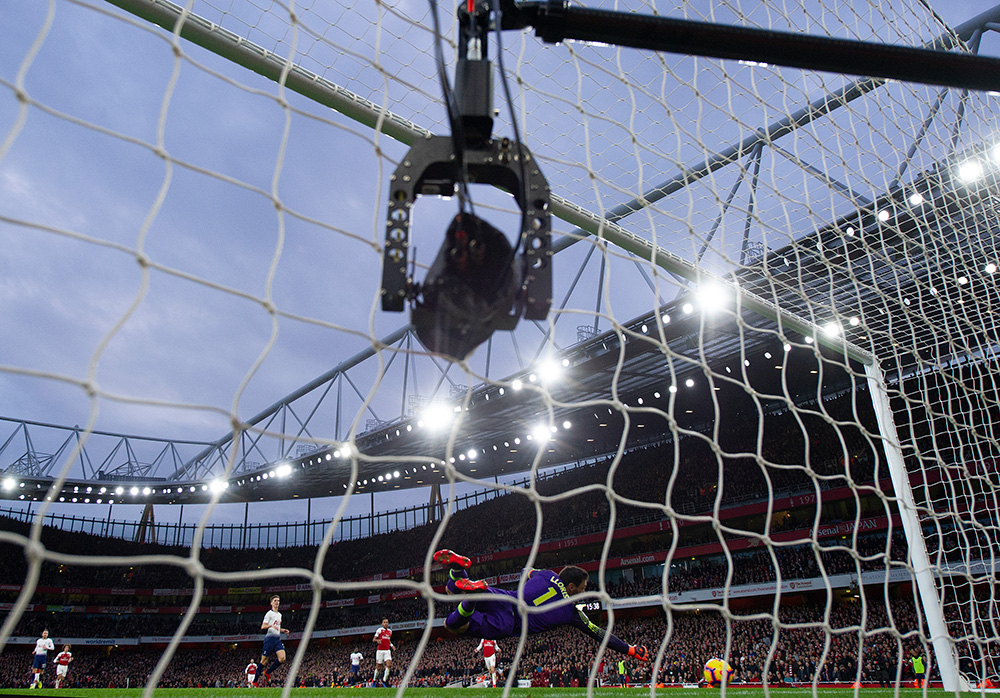
Haigh continues: “Sport is still one of those things that people would inherently prefer to see live, either at the ground or on a screen, and that way it can always be monetised."
Trevor Watkins, an experienced partner at law firm Pinsent Masons, suggests all this is resulting in a growing trend of firms of “increasing sophistication” getting involved in sport.
Watkins spent a significant period of time in the US in the latter part of 2019 meeting with entities interested in acquiring English soccer clubs.
He tells Sportcal Insight: “The way sport is being organised now means that we are seeing a lot of increasingly sophisticated investors and firms coming into the industry.
“Gone are the days of the owner of the local manufacturing plant for example deciding to rescue his local team by borrowing the money from a bank.”
Watkins also pays tribute to the work done by regulatory bodies in making it more enticing for successful businesspeople to get involved in sport, especially in football:
“To a degree, the lunatics running the asylum have had a strait-jacket put on them by Uefa, Fifa and other domestic governing bodies as to how much they can lose… These new rules will obviously reduce investors’ capacity for loss.”
Financial Fair Play, brought in by European soccer’s governing body Uefa to attempt to regulate owners putting unsustainable amounts of money into clubs, fines those clubs which make a loss over a certain figure per season.
“To a degree, the lunatics running the asylum have had a strait-jacket put on them.”
Watkins, who was the chairman of Bournemouth, now of the Premier League, between 1997 and 2001, suggests this has created an atmosphere where financial prudence is being valued more than in previous eras.
“Sport is now more controlled, more regulated, there’s reward for good financial performance. It’s now also comparatively big business because of the rights values attached to it.”
“The way sport is being organised now means that we are seeing a lot of increasingly sophisticated investors and firms coming into the industry.”
He also assesses another important factor; the rising costs associated with buying a top-tier sports team, which in many cases mean private equity groups and other investment vehicles are actually the only entities with sufficient funds to get involved to any serious extent.
“We believe that one of the Premier League’s established top six teams will cost a buyer at least £1.5 billion, with a mid-table club costing in the region of £150 to £225 million.”
Thus, even though Silver Lake ploughed $500 million into CFG, it only got them 10 per cent of the group.
According to Forbes’ 2019 valuations, the cheapest club in the established Premier League ‘top six’, by some distance, is Tottenham Hotspur, being valued at $1.6 billion in total.
In terms of US sport, five Major League Baseball sides meanwhile were valued by Forbes at higher than $3 billion in total in 2019, while 11 franchises from the National Football League hit similar heights.
Pyne backs this up: “If you look at the total value of a successful sports franchise here in the US 20 years ago, and what it would be worth now, no other industry would really compare in terms of the growth… It would have grown in value by double-digits at least, so people will always find that an interesting proposition.”
“Sport should - mostly - welcome these guys, because they generally bring a vision, and a discipline, and an expertise which is often missing in existing hierarchies...”
In terms of the methods by which private equity can involve itself in a sporting operation, most scenarios come down to two differing methods: buying a stake of roughly 10 to 30 per cent and then selling it for a profit after a period of time; or buying a majority stake and therefore having control over all aspects of the company’s affairs.
Silver Lake investing in Manchester City, and CVC’s stakes in northern hemisphere rugby competitions are examples of the former approach, while examples of the controlling stake approach include FSG owning Liverpool outright, and US private equity group Bridgepoint acquiring motorsport promoter Dorna in 2006.
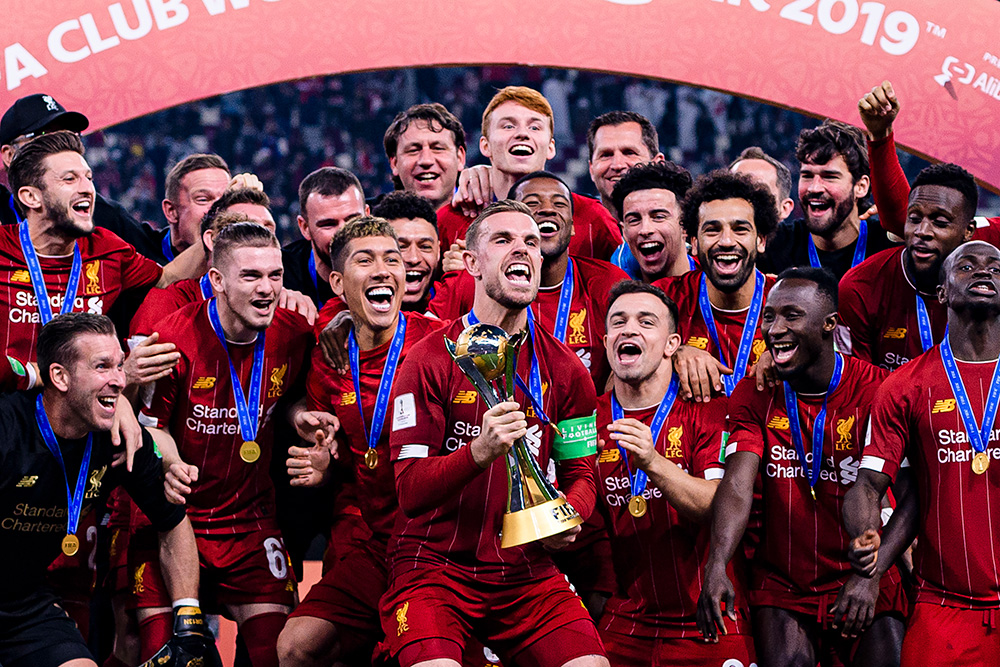
In some cases, full ownership bids are turned down by regulatory bodies because the latter hold concerns over giving private equity free rein to do as they please.
As an industry expert puts it to Sportcal: “Typically stakeholders don’t want to relinquish control too much, they want to take the sport forward themselves.”
The same figure, who has been involved with several private equity groups looking to invest in sport, adds: “Also, there is in some quarters potentially a lack of understanding amongst some stakeholders about how private equity funding works – a lot of people involved in sport, even in commercial or administrative roles, don’t have too much exposure to that world.”
Pros and cons
So what does private equity bring to a sports business? Aside from the obvious financial benefits, it also has the potential to bring in advisors who can provide clubs or agencies with expert know-how and guidance (as evidenced by CFG planning on using Silver Lake’s technological expertise to increase their knowledge arsenal in that sector).
As Watkins puts it: “Within a number of sports organisations, there will be issues relating to the way they’re managed, the way they acquire talent, the use of data, spotting players and developing them, that private equity will believe they can handle better…
Croker agrees: “Sport should - mostly - welcome these guys, because they generally bring a vision, and a discipline, and an expertise which is often missing in existing hierarchies…
“They will bring in skills that by definition are not already at the disposal of chief executives or chairmen.”
FSG, for example, has regularly placed key personnel into Liverpool’s hierarchy, while Silver Lake putting Egon Durban onto CFG’s board suggests that deal is about more than just the financial investment.
However, while it can on the one hand provide a level of professional business expertise and know-how that would otherwise be unavailable to organisations (whose board members may well not be experts in all the necessary fields involved in running a sports club), it does also present its own challenges.
“There is in some quarters potentially a lack of understanding amongst some stakeholders about how private equity funding works – a lot of people involved in sport, even in commercial or administrative roles, don’t have too much exposure to that world.”
Watkins explains: “Private equity is going to bring in money on the basis of getting a return. It’s not a socio-economic decision, it’s not being done for the good of the community or to keep a club alive…
“You’ve now got a rapacious drive from those entities who may invest in the sector, who will now look to get a return.”
Croker adds: “While I don’t think it’s necessarily high-risk for a sports company to take on private equity, you do have to understand what their demands will be.
“If it’s not going well, they’re going to be all over you. They’ll heavily scrutinise what you’re doing, because you’ve borrowed money from them so they’ll want to know what’s going on.”
Another industry analyst simply tells Sportcal Insight: “Private equity companies don’t get involved in anything unless it turns a profit… The process of investing in or acquiring a company tends to be very intense, they don’t get involved with a project without doing their due diligence really, really well.”
Private equity will also not be shy in taking the decision to get out, and sell its stake, if it sees an opportunity. This decision may be taken regardless of whether or not it comes at an opportune time for the company involved.
Pyne recently took the decision to sell the premium hospitality business On Location to Endeavor, the Hollywood talent agency.
Explaining the basic rationale behind that decision, he says: “When you get to a point where you’ve significantly grown the business and created a lot of value, you have to think about your shareholders and realise that value by selling… We have a responsibility to those shareholders to do the right thing.”
CVC ruling the roost
When it comes to focusing on one’s to watch in this sector, it’s hard to look past CVC. Indeed, the group could arguably be called the first major pioneer in terms of major investment of that nature in sport.
Pyne, who signed a strategic partnership with CVC last November, giving Bruin access to $600 million more in capital, says: “They’re a highly successful firm who I know well, they’re extremely well capitalised, one of the best in the world at what they do.”
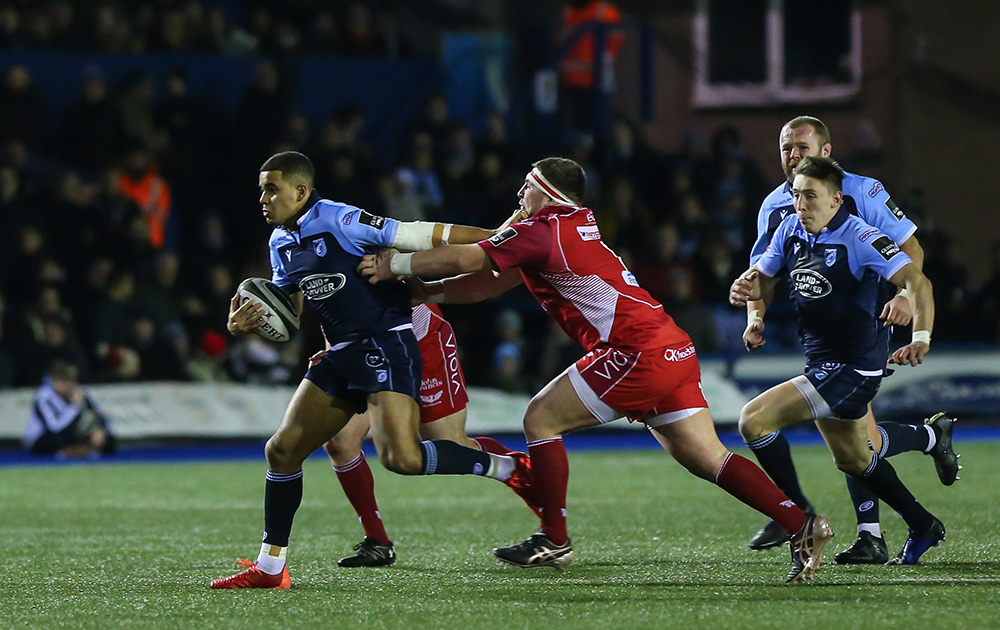
The firm made in the region of £4.4 billion in total from Formula 1 over its 10 years in control, after acquiring the club off the back of two loans in 2006. Now, the focus is clearly on rugby union, a sport with a completely different set of revenue streams and challenges.
An observer who was kept well acquainted with the aforementioned deal between CVC and the Premiership says: “Rugby’s an interesting sport to get involved in, and the Premiership deal is an especially interesting one, if you break it down….
“11 of the 12 clubs in the league are losing money, and are also owned by independently wealthy people who do know a bit about private equity, having been involved in that area of business previously.
“I think with rugby, CVC see an opportunity to be involved with some very influential people, so that’s also part of it.
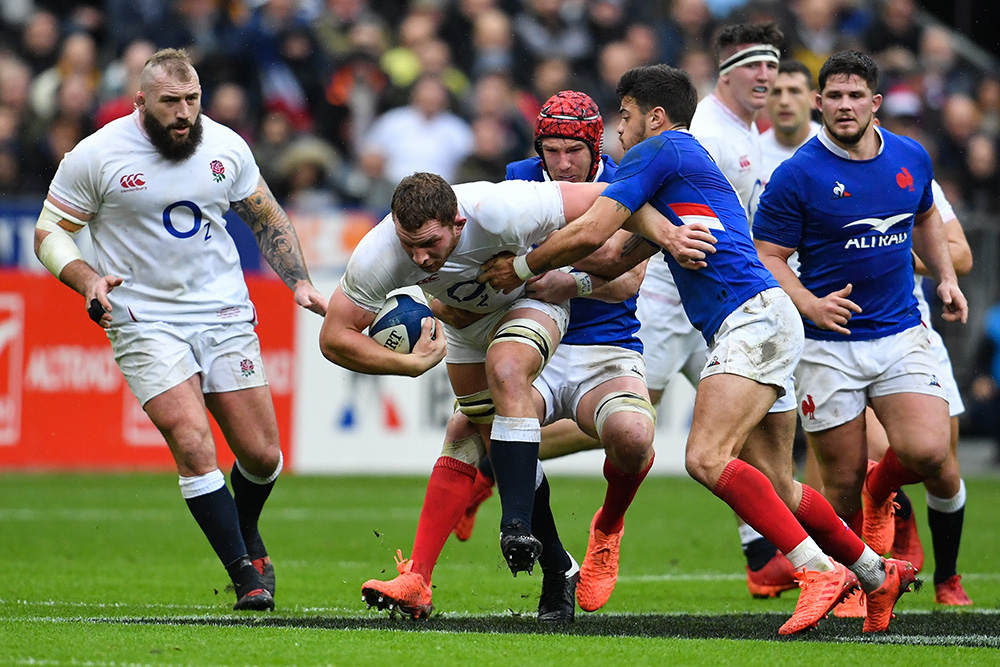
“But then, it’s hugely dependent on the continued broadcast payments, and the clubs will be in serious trouble if BT Sport suddenly changes its attitude towards rugby in the near future.”
Croker, meanwhile, admits he is “puzzled” by the Premiership deal, adding: “If you’re Premiership Rugby, you can’t sell your rights twice. If your key income is from television rights, and you’re allowing someone else to get the return from that in exchange for investment - how do you get it back? How do CVC see themselves exiting from this?”
“If it’s not going well, they’re going to be all over you. They’ll heavily scrutinise what you’re doing, because you’ve borrowed money from them so they’ll want to know what’s going on.”
As for what’s next, the potential CVC tie-up with soccer’s governing body has attracted the most interest. The idea of Fifa selling off one of its competitions to a private equity firm is sure to be controversial in many quarters, although Croker says: “I don’t see what makes the Club World Cup appealing from the point of view of a potential investor… They’re not going to host or put on the event, they’re not going to go out and sell sponsorship rights, so what are they actually going to do?
“If they’re going to guarantee Fifa a certain amount of money, then Fifa are going to have to guarantee them something back, which looks like a complicated game to play.”
The observer who has been close to CVC during previous deals agrees: “I’m not sure I see it happening… You’d have to control the commercial assets, you’d have all sorts of challenges in terms of scheduling, you’d inevitably have issues with other leagues. So I think it’s a far-fetched idea right now.”
Agencies getting involved
Lagardère, the French media giant, has agreed to sell off 75 per cent of its Lagardère Sports division to H.I.G Capital, a private equity and asset management firm based in Miami.
The agency as a whole had been seeking offers for its sports and TV production arms for the majority of 2019, after originally aiming to sell them by the end of the year in order to take in £1 billion and then focus on its core operations of publishing and travel retail.
Interest from established media companies fell away, leaving private equity to fill the void.
On the subject of agencies looking for external finance, Croker, who used to work for Lagardère's erstwhile Sportfive agency, says: “While agencies are obviously looking in that direction, it’s not always done very well for them has it?
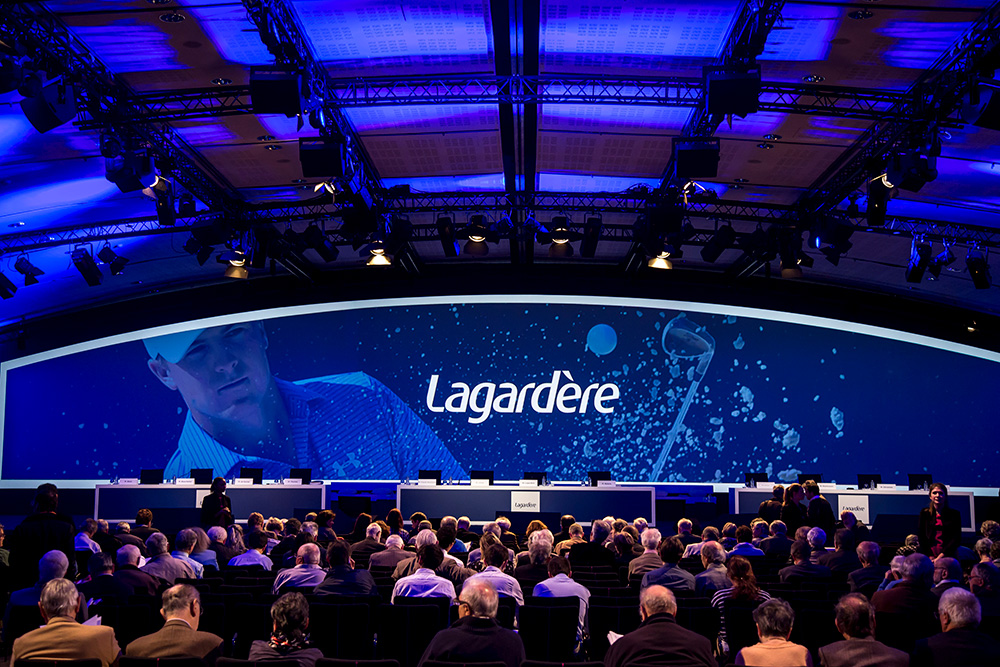
“If you look at the old-style agencies, they all have real, substantial problems… Anyone looking at them now would think ‘where is the growth?’
“There are plenty of people who, for the sole reason that they’re a sports fan, think they can take a prime role in the industry… There are some people running well-known sports agencies who are good examples of that.”
“Lagardère is a classic example - Advent bought Sportfive, ran it incredibly well, before selling it, and in fact probably showed far better stewardship of it than Lagardère ended up doing.”
“While agencies are obviously looking in that direction, it’s not always done very well for them has it?”
Private equity in sport: short-term phenomenon or longer-term trend?
Watkins leans towards the latter: “I don’t think there’s any real going back from this point…
“The way football is now organised means we’re going to see more investment in the future from private equity entities… I also think we’re going to see a lot of increasingly sophisticated investors and firms coming into this space, and as they do so they will inevitably invest more and more money.
“The net effect of this is that these leading clubs and leagues will see their values go up - which in turn drives further investment into those particular properties.”
While he does not see this causing “some kind of revolution in the way sport runs as a business worldwide”, he does believe that given the money now flowing into sport, and the way the industry has changed so dramatically worldwide in recent years, rich clubs and leagues will benefit disproportionately from this investment, in a cyclical pattern.
“I don’t think there’s any real going back from this point.”
Croker concludes: “For every deal happening that makes the news, there are thousands of deals of a similar nature going on all the time… There are very, very few businesses in any industry which aren’t engaged in some form of conversation about external finance, or private equity…
“There’s a huge base of the pyramid where this stuff is still going on, just on a smaller scale."